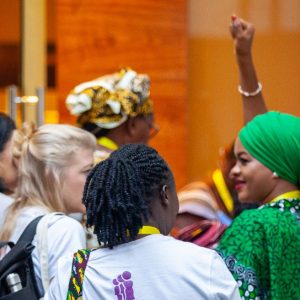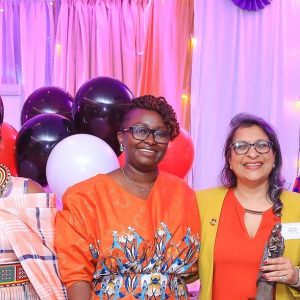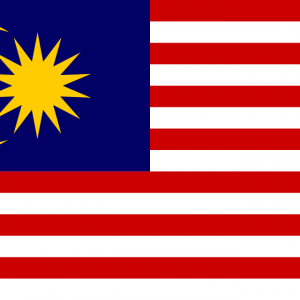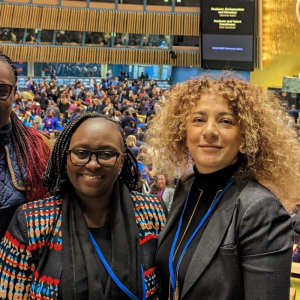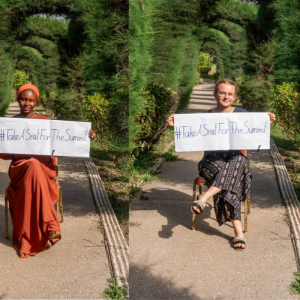When I arrived in Bany, Senegal a few weeks ago, the community was buzzing with activity. Men and women were bustling around preparing for the arrival of representatives from 36 different villages who were coming to take part in an intervillage meeting the following day. At the meeting they would discuss topics such as female genital cutting (FGC), child/forced marriage, and other human rights issues.
The social mobilization team that would be facilitating the meeting was already familiar with many of the visitors, having met them in their home villages during their missions in the Sédhiou region between December 2012 and May 2013. During these missions, the team organized a community-wide meeting in each village to discuss human rights, harmful traditional practices such as FGC and child/forced marriage, and the growing movement to abandon them. In doing so, they met some dynamic local community members who were passionate about ending these harmful practices.
The intervillage meeting in Bany, funded by Orchid Project, gave these dedicated individuals the exciting opportunity to meet one another and to demonstrate to their fellow community members that there are people within their social network who are onboard with the movement to abandon these practices. While the social mobilization missions had set the groundwork for the meeting by sharing information with communities, now community members had the opportunity to discuss this information on a larger scale with their intramarrying social network.
One of the 180 people in attendance at the intervillage meeting in Bany was Yama Bathia, a woman that the social mobilization team had encountered on their visit to her village in January. At that time she had candidly shared with the team her personal experience with gender-based violence; in Bany, we had the chance to speak with her again. Sharing her opinion of social mobilization as a way of promoting the abandonment of FGC, she told us, “social mobilization is extremely important and necessary. I myself was cut. However, my girls are not going to be cut, and it is because of the information that I’ve received.”
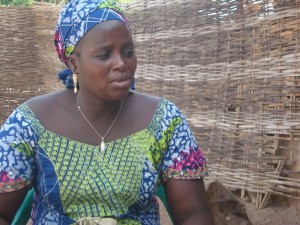
Community member Yama Bathia tells the social mobilization team that her daughters will not be cut because she is aware of the health risks associated with FGC.
Adama Cissé was also present at the meeting. Her village was visited by the team last December, and, like Yama, she said that social mobilization is very important. She added that the visit from the social mobilization team had greatly reinforced the knowledge that her community had already gained. When it comes to those who may not yet be ready to abandon the practice, she explained that “it is much easier to convince people of the dangers of FGC once the team has visited the village.” During village visits, the team describes the consequences of the practice of FGC and the importance of respecting human rights. They pose questions, and they facilitate a discussion that allows the community to arrive at their own decision about whether or not they are prepared to abandon the practice.
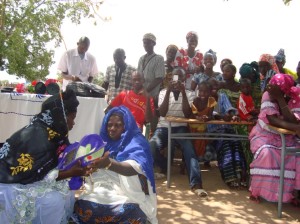
During the intervillage meeting, community members portray a realistic scenario about a young girl whose family decides not to have her cut.
Both Yama and Adama have a powerful personal story and a passionate desire to promote social mobilization that will bring FGC to an end. It is invaluable to have men and women like them at these meetings: people within the community who are aware of the negative health consequences of the practice and believe in the power of social mobilization to accelerate its abandonment. As they interact with other people present at the meetings and share their ideas and opinions, they reaffirm the message promoted by the social mobilization team. When people see others within their social network actively advocating for the abandonment of the practice, it solidifies the movement for them. “Abandoning FGC” is no longer an abstract idea but an obtainable goal that can be reached by changing the social norms surrounding the practice.
Story by Allyson Fritz, Tostan

